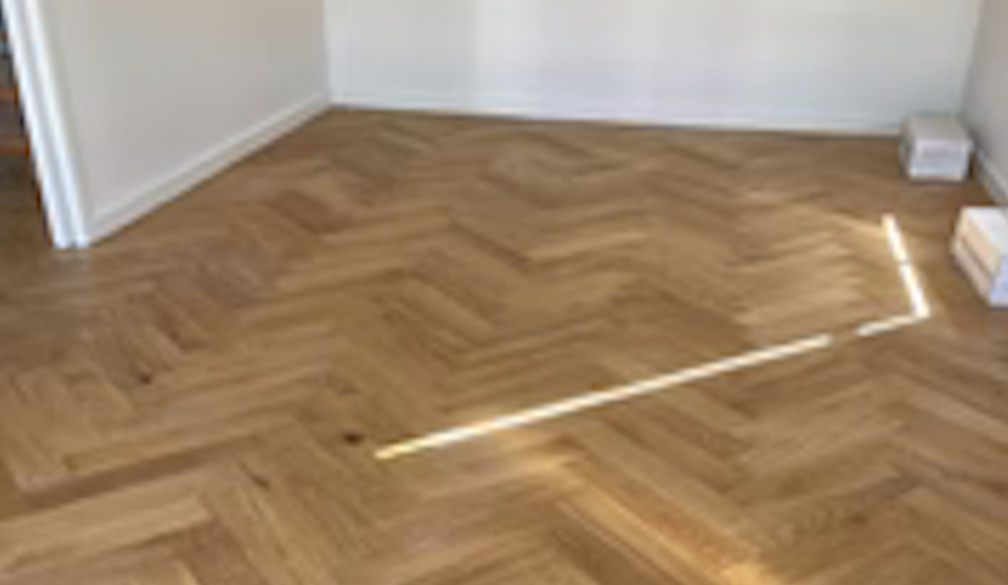The Advantages of Engineered Timber Floors Over Solid Wood

When it comes to choosing flooring for your home, the debate between engineered timber floors and solid wood can be quite prominent. Both options have their merits, but engineered timber flooring offers several distinct advantages that might make it the better choice for your needs. Here’s a closer look at why engineered timber floors are gaining popularity and how they compare to solid wood.
- Enhanced Stability and Durability
One of the primary benefits of engineered timber flooring is its enhanced stability. Engineered timber floors Melbourne are constructed with multiple layers of wood, including a core layer made from high-density fibreboard (HDF) or plywood. This layered construction helps to resist warping, cupping, and bowing that can occur with solid wood flooring, particularly in areas with fluctuating humidity levels. As a result, engineered timber flooring provides a more stable and durable option for your home. You can find lots of great plywood online if you want to utilise that type of wood in your home
- Cost-Effectiveness
While solid wood floors are often perceived as a luxury option, engineered timber floors can offer a more cost-effective solution without compromising on style. Engineered timber flooring typically costs less than solid wood, making it an attractive choice for those looking to achieve the look of natural wood at a lower price point. Additionally, the installation of engineered timber floors can be quicker and less labour-intensive, further contributing to cost savings.
- Ease of Installation
Engineered timber floors are known for their ease of installation. Many options come with a click-lock or tongue-and-groove system that allows for floating installation, which means they can be laid over existing floors without the need for nails, glue, or staples. This not only speeds up the installation process but also reduces associated labour costs. In contrast, solid wood floors often require a more complex installation process, including nail-down or glue-down methods.
- Versatility in Design
Engineered timber flooring offers a wide range of design options to suit various tastes and interior styles. Available in numerous wood species, finishes, and colours, engineered timber floors can mimic the appearance of traditional solid wood while offering additional practical benefits. This versatility makes it easy to find a style that complements your home’s décor, whether you prefer a classic oak look or a contemporary walnut finish.
- Resistance to Moisture
One of the significant advantages of engineered timber floors Melbourne is their resistance to moisture. The multi-layer construction helps to prevent water from penetrating the surface, reducing the risk of damage from spills and humidity. This makes engineered timber flooring an ideal choice for areas prone to moisture, such as kitchens and bathrooms, where solid wood might be less suitable due to its susceptibility to water damage.
- Environmental Considerations
Engineered timber flooring often has a smaller environmental footprint compared to solid wood. Because the core layers of engineered timber are typically made from fast-growing or recycled materials, the demand for slower-growing hardwood species is reduced. This sustainable approach helps to preserve natural forests and reduce the impact of deforestation. Additionally, many engineered timber flooring products are certified for low volatile organic compound (VOC) emissions, contributing to a healthier indoor environment.
- Longevity and Maintenance
While solid wood floors can last for generations, engineered timber flooring also boasts impressive longevity. The wear layer of engineered timber floors can be sanded and refinished if necessary, although not as many times as solid wood. Regular maintenance, including sweeping and occasional mopping, is generally sufficient to keep engineered timber flooring looking its best. This ease of maintenance is an attractive feature for homeowners seeking a practical yet stylish flooring solution.
- Thermal Efficiency
Engineered timber flooring offers improved thermal efficiency compared to solid wood. The multi-layer construction provides better insulation, helping to maintain a comfortable indoor temperature. This can contribute to energy savings and enhance the overall comfort of your home.
- Noise Reduction
Engineered timber floors are designed to reduce noise transmission, making them suitable for multi-level homes or apartments. The core layer helps to absorb sound and minimise impact noise, creating a quieter living environment compared to solid wood floors, which can transmit more sound.
In summary, while solid wood flooring has its advantages, engineered timber floors offer a range of benefits that make them an excellent choice for modern homes. Their stability, cost-effectiveness, ease of installation, and resistance to moisture and environmental impact make them a practical and stylish flooring solution. When considering your flooring options, engineered timber flooring provides a compelling alternative that combines the beauty of natural wood with modern performance features.


















